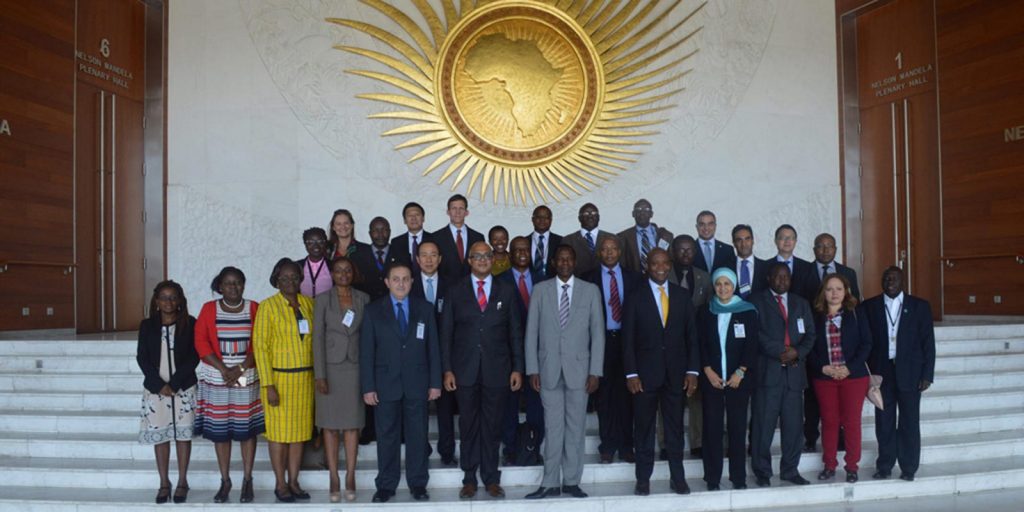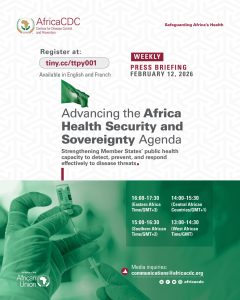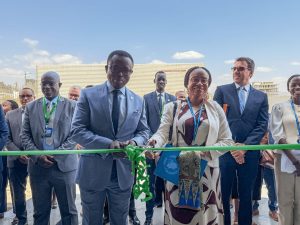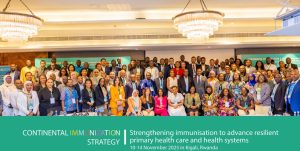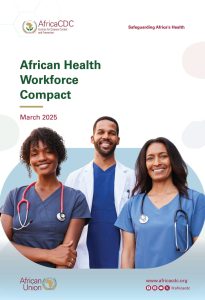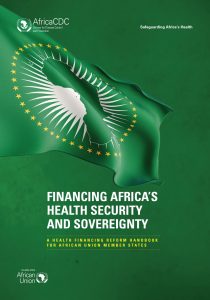The African Union Commission and UNAIDS met Monday July 2nd 2017 to discuss the implementation of key continental policy frameworks including the recently Catalytic Framework to end AIDS, Eliminate Malaria in Africa by 2030 and the AIDS Watch Africa Strategic.
The meeting began the process to map the implementation of the community health workers initiative that aims to recruit, train and deploy 2 million community health workers across Africa by 2020.
The meeting further deliberated on the western and central Africa catch-up plan that aims to rapidly accelerate access to HIV treatment in the region and close the gap in access between African regions.
Reducing donor dependency
“The policy and strategic frameworks to respond to health in Africa have all been endorsed and key decisions have been made. AU Member States have to answer the question of how to finance these domestically and reduce overdependence on external support that is neither assured nor sustainable” said Her Excellency Amira El Fadil, the Commissioner for Social Affairs at the African Union Commission.
However health in Africa has been chronically underfunded for generations and will not be improved through efficiency gains alone. Africa’s economic growth offers a further area for new revenue collection, both through general taxation and through a variety of innovative financing mechanisms. This also requires AU Member States to use existing resources more efficiently and more effectively. The Agenda 2063 development framework emphasises the need for Africa to fund its own development through export earnings, trade and remittances among others. GDP growth is considered crucial for generating additional resources.
Creating a new sub-system of health through the two million community health workers
The two institutions discussed the way forward in rolling out the two million community health workers initiatives. The initiative will help to transform the interface between the last service provider and the community to better manage health risks. The African Union and partners will drive this initiative that will create a working sub-system of health that will create new jobs and transform the health architecture. Africa is experiencing new threats that need a new business approach to ensure that systems are engaged at the community level to prevent, manage and respond quickly. The community health worker initiative aims to confront the acute health workforce shortages across Africa and improve access to health services for the most marginalized populations, including people living in rural areas.
Stepping up efforts to respond to AIDS in western and central Africa
While the world witnesses significant progress in responding to HIV the pace has not been fast enough in west and central Africa. The gap in accessing services is considerable with 4.7 million people living with HIV not receiving treatment. About 330 000 adults and children died from AIDS-related illnesses in 2015 in the region.
“We cannot accept a two-speed approach to ending AIDS in Africa,” said UNAIDS Executive Director Michel Sidibé. “To put western and central Africa on track to end AIDS, we must address stigma, discrimination and other challenges to an effective response, allocate funding to support the most effective strategies and implement delivery strategies that reach the communities most in need.”
The catch-up plan will aim to increase the number of people on treatment from 1.8 million to 2.9 million by mid-2018, giving an additional 1.2 million people, including 120 000 children, access to urgently needed treatment.

